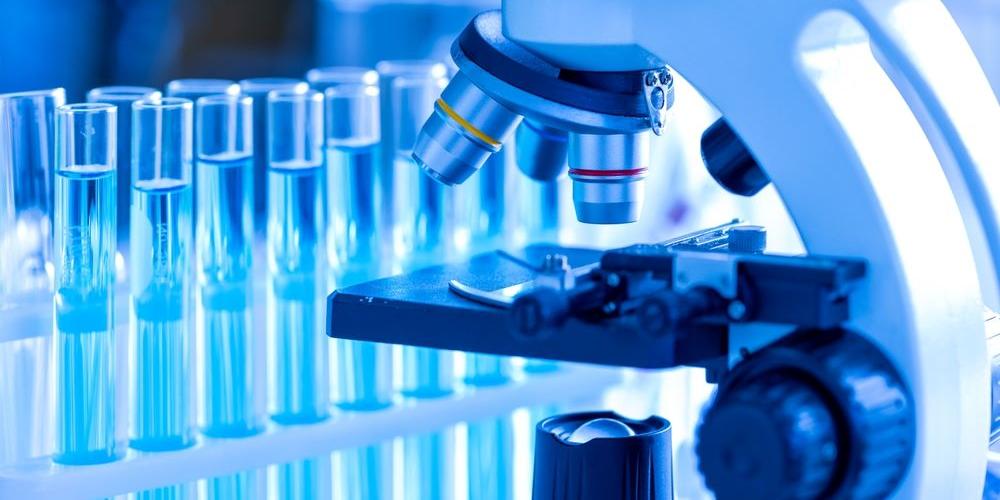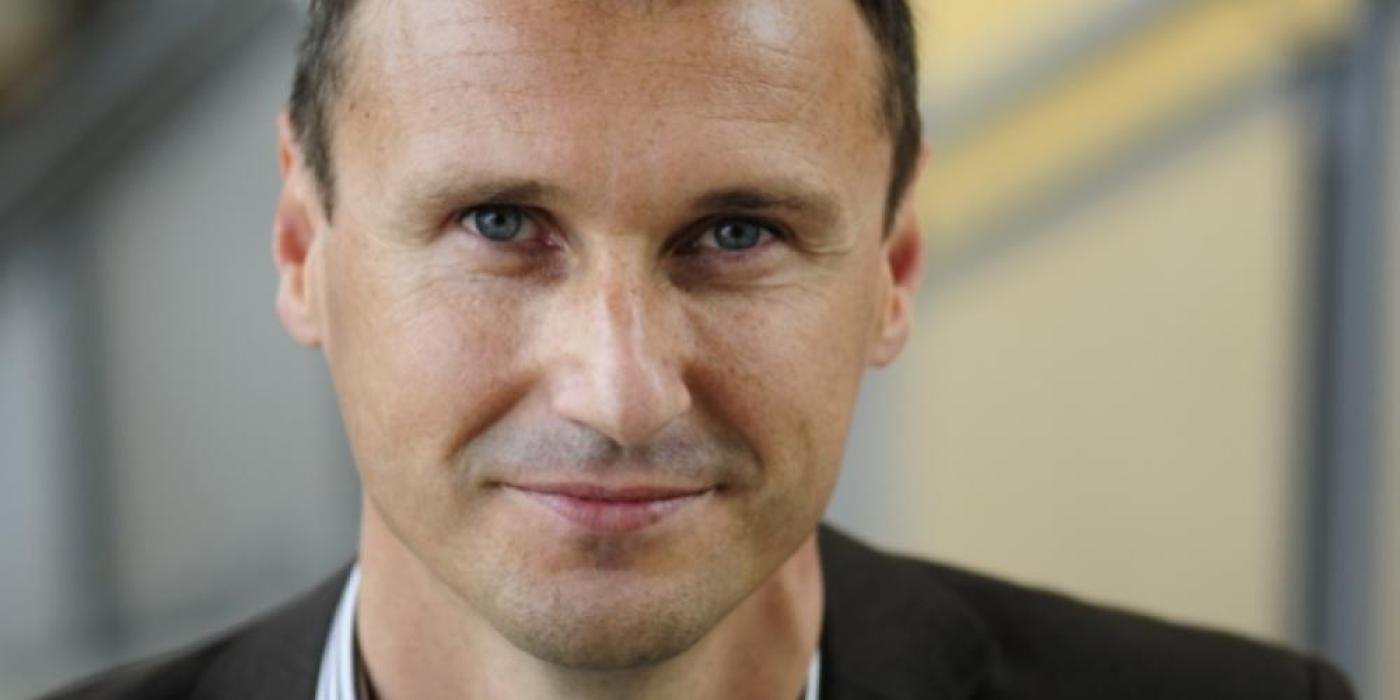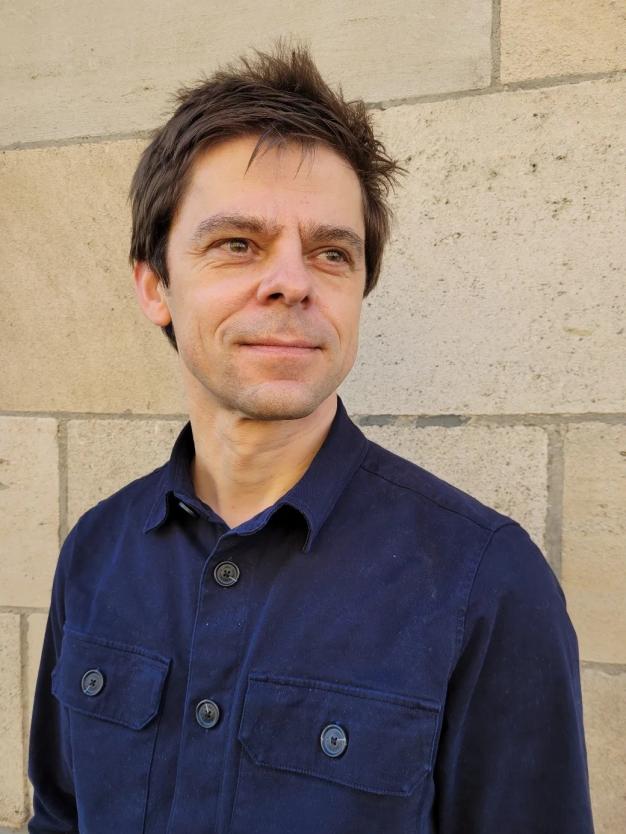
Two professors from the Vrije Universiteit Brussel (VUB) have been included in *The Analytical Scientist Power List 2024*, a prestigious list recognising scientists who have made significant contributions to the development of analytical techniques. Professors Gert Desmet and Wim De Malsche, both from the Department of Chemical Engineering, are being celebrated for their work, which has impacted a range of scientific fields, including health and environmental protection.

Gert Desmet: Innovation in Analytical Methods
Gert Desmet, a professor and head of department at VUB, ranks second in the *Instrumental Innovators* category. His research focuses on liquid chromatography, a technique used to separate complex mixtures into their individual components. This method plays a crucial role in industries such as pharmaceuticals for the analysis of substances.
Desmet employs cutting-edge techniques like 3D printing and etching to make liquid chromatography more efficient and precise. "The biggest challenge is the declining level of training among analysts in the industry, while the samples they work with are becoming increasingly complex," says Desmet. He views this as an opportunity for the industry to improve analytical instruments through artificial intelligence.
One piece of advice Desmet received early in his career continues to guide him: "Focus on scientific excellence and steer clear of internal politics," as his former supervisor once told him. This approach has been instrumental in his academic journey, which unexpectedly led to a leadership role within the faculty.
Wim De Malsche: Innovations in Separation Techniques
Professor Wim De Malsche, leader of the µFlow group at VUB, is also in the top 20 of the same *Instrumental Innovators* category. His research focuses on controlling fluid flow in small channels, a key factor in the precise separation of substances, particularly in laboratory settings.
One of his recent breakthroughs is vortex chromatography, a method that uses a mild electric current to enhance the efficiency of substance separation. This technique can be applied in both high-tech laboratories and more affordable, simpler equipment
De Malsche is also working to make analytical techniques more accessible by reducing the size and cost of equipment. "Many of today’s instruments are too large and expensive. Thanks to recent technological advances, we can now offer more compact solutions," he explains.
A phrase that has stuck with De Malsche since his doctoral research is: "The quality of your work is determined by what you can achieve within regular working hours."
